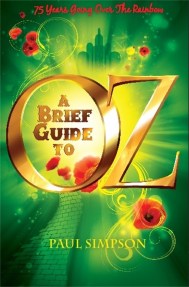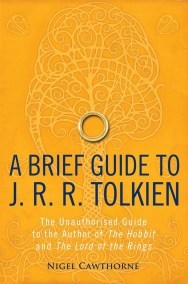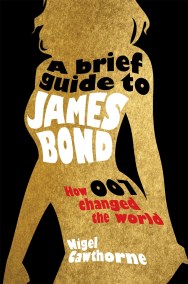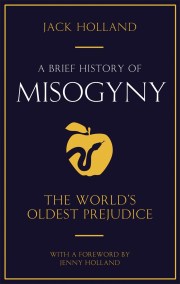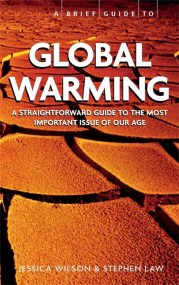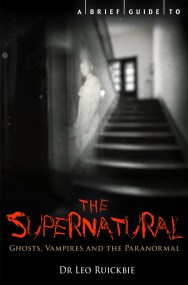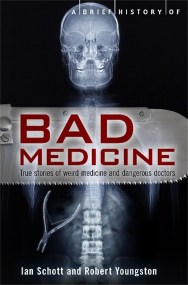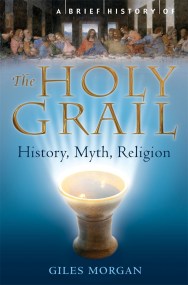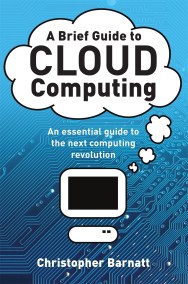We have updated our Privacy Policy Please take a moment to review it. By continuing to use this site, you agree to the terms of our updated Privacy Policy.
A Brief History of Britain 1660 - 1851
On sale
23rd June 2011
Price: £8.99
Praise for the author:
‘Gibson’s well written and well-documented account of James and the bishops will surely become the new standard authority on these “implausible revolutionaries” for many decades.’
Barbara Brandon Schnorrenberg, Anglican and Episcopal History
In 1660, England emerged from the devastation of the Civil Wars and restored the king, Charles II, to the throne. Over the next 190 years Britain would establish itself as the leading nation in the world – the centre of a burgeoning empire, at the forefront of the Enlightenment and the driving force behind the Industrial Revolution.
However, radical change also brought with it anxiety and violence. America was lost in the War of Independence and calls for revolution at home were never far from the surface of everyday life.
In this vivid and convincing overview of the era in which Britain transformed the world and was itself remade, leading historian of the period William Gibson also looks at the impact of this revolutionary change on the ordinary citizens of Britain.
This is the third book in this wonderfully concise four-volume Brief History of Britain which brings together leading historians to tell the story of Britain from the Norman Conquest of 1066 right up to the present day. Combining the latest research with accessible and entertaining story-telling, it is the ideal introduction to British history for students and general readers.
‘Gibson’s well written and well-documented account of James and the bishops will surely become the new standard authority on these “implausible revolutionaries” for many decades.’
Barbara Brandon Schnorrenberg, Anglican and Episcopal History
In 1660, England emerged from the devastation of the Civil Wars and restored the king, Charles II, to the throne. Over the next 190 years Britain would establish itself as the leading nation in the world – the centre of a burgeoning empire, at the forefront of the Enlightenment and the driving force behind the Industrial Revolution.
However, radical change also brought with it anxiety and violence. America was lost in the War of Independence and calls for revolution at home were never far from the surface of everyday life.
In this vivid and convincing overview of the era in which Britain transformed the world and was itself remade, leading historian of the period William Gibson also looks at the impact of this revolutionary change on the ordinary citizens of Britain.
This is the third book in this wonderfully concise four-volume Brief History of Britain which brings together leading historians to tell the story of Britain from the Norman Conquest of 1066 right up to the present day. Combining the latest research with accessible and entertaining story-telling, it is the ideal introduction to British history for students and general readers.
Newsletter Signup
By clicking ‘Sign Up,’ I acknowledge that I have read and agree to Hachette Book Group’s Privacy Policy and Terms of Use
Reviews
Praise for the author:
'Gibson's well written and well-documented account of James and the bishops will surely become the new standard authority on these "implausible revolutionaries" for many decades.'

































